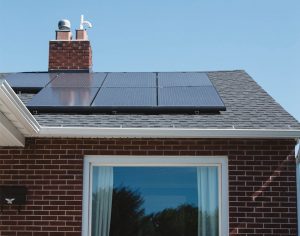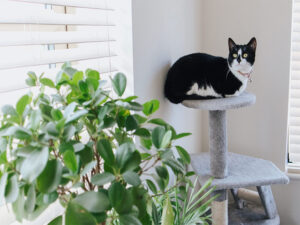What Is An HOA Reserve Study And Does Your HOA Need One?
Believe it or not, managing a homeowner’s association (HOA) sometimes requires the same techniques that individuals utilize to manage their own homes, especially when it comes to financial management. Most households have a checking and saving’s account, used to pay the bills and to set money aside for big purchases, including unexpected costs which may arise. HOAs would also benefit from having a special savings account in place, referred to as a reserve account, to put money aside for significant community improvements. If your HOA doesn’t have one of these, it is recommended that the board conduct an HOA reserve study to initiate the process.
What is an HOA Reserve Study?
An HOA reserve study analyzes the potential for community needs in the future, including roof replacements on community buildings, sidewalk repair, security improvements, and other building upgrades. The goal of the study is to analyze the current condition of the community’s infrastructure like sidewalks, entryways, parking lots, community buildings, or amenities to determine what type of work your HOA needs or will require long-term, how many years until it is necessary, and how much it will cost.
Taking inflation into consideration and potential cost increases, the board of directors can determine how much money should be set aside annually for these improvements. For instance, if the parking lot has a life expectancy of ten years, and the cost to repave is $25,000, then $2,500 should hypothetically be collected and set aside annually.
Once the HOA reserve study is complete, the board reviews the findings and decides if the annual association fees need to be increased or not. Depending on how long it has been since the previous study, many HOAs find they need to increase fees to remain financially stable long-term.
Does Every HOA Need to do a Reserve Study?
It is recommended that an HOA should do a physical review of the community every three to five years to make sure the reserve account maintains adequate funds. Several factors could cause community needs to change, which include the potential for severe storms, new safety requirements, and new additions to the community amenities. By reviewing the needs regularly, the HOA is less likely to have unexpected expenses depleting the funds.
Signs an HOA Needs a Reserve Study
If you are unsure if your HOA should conduct an HOA reserve study, here are some signs it is needed.
- Your HOA has never conducted a reserve study.
- It’s been more than five years since the last reserve study.
- The HOA is struggling to afford maintenance and improvement projects.
- There was a recent special assessment to fund a community project.
AR Management Company can help guide your board through the reserve study process. Contact our office for more information!




